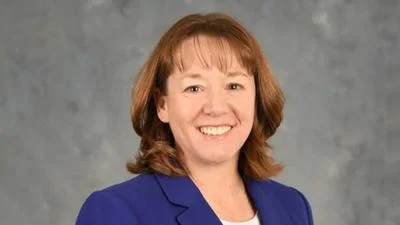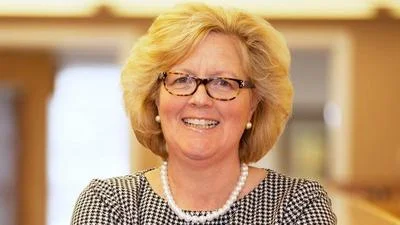Illinois is weighed down by a mountain of workers' compensation claims, and the state is not going to lift that burden by chipping away at it with a kitchen knife, Sen. Kyle McCarter (R-Lebanon) said recently.
McCarter was responding to House Bill 2525, sponsored by Sen. Kwame Raoul (D-Chicago), which passed the Senate by a 35-19 vote on Friday.
“Just because we have a bill that deals with workers' comp doesn’t mean we have workers' comp reform,” McCarter said. “The real question is: Are we charging people accurately and fairly? You would have less argument from me as to how they should be compensated as long the ones we are compensating are the ones that should be compensated.”
Raoul has said his measure would help regulate the workers' compensation system by requiring insurers to submit rates to the Illinois Department of Insurance for approval following an examination of potential overcharges, thereby ensuring that employers are paying rates commensurate with the market. It would also create a Workers' Compensation Premium Rate Task force to study the extent to which the premiums reflect the recommendation of the National Council on Compensation Insurance, he said.
McCarter, an employer with workers' comp experience, argued that the system is broken and punishing to employers, often forcing employers to pay compensation for what he alleges are clearly false claims.
“And you say what makes the rate so high?” McCarter sad. “What makes us three times [the rate of] Indiana and two times Missouri? It’s the number of claims. It’s the number of claims.”
McCarter, asserting that he is not opposed to paying workers' compensation claims as long as the payments go to the right people, also worried that there is too “great a divide and the issues are too big to be able to come to an agreement" on reform.
“We don’t mind paying people and protecting people and getting them well, but when they make claims that are false and they are still paid, that’s not right, and that’s what really needs reform,” McCarter said. “There is no value on this bill that I know of yet, in dollars. It doesn’t go far enough. I wish we could go in the direction … to find out who should really be paid justly.”






 Alerts Sign-up
Alerts Sign-up